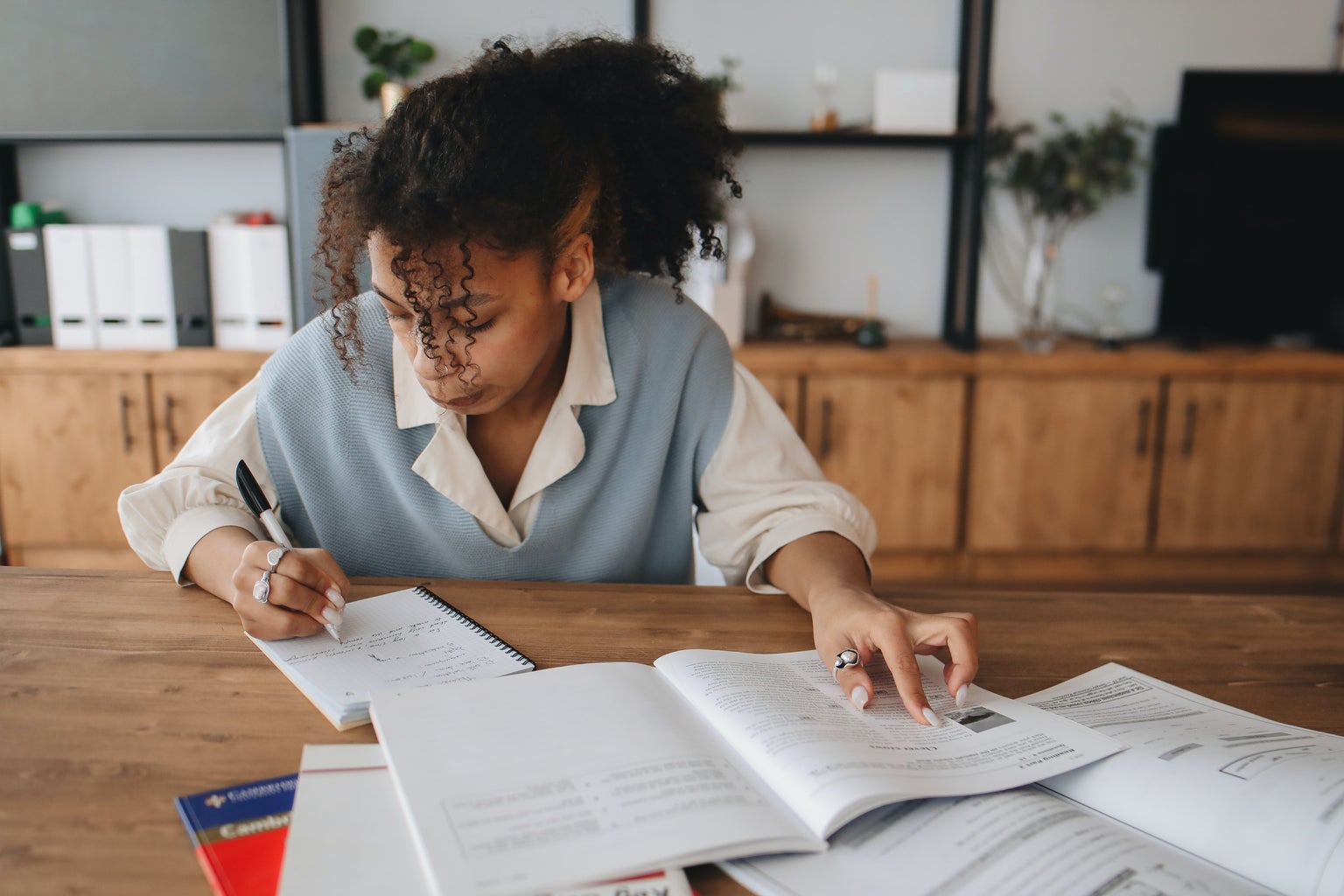Dyslexia: Any of various reading disorders associated with difficulty decoding written language and integrating auditory and visual information, such as the association of phonemes with letter combinations in spelling.
Dyscalculia: A learning disability that impacts a person’s ability to understand, process, and utilize numerical information and mathematical concepts.
Learning that I had dyslexia during my junior year of high school was a relief. After so many years struggling to learn algebraic problems because, for some reason, someone wanted to make math more complicated by adding letters, I was comforted to find that there was an explanation for my frustration. For most of my school career, before being diagnosed with dyslexia and dyscalculia, I would spend hours either trying to solve one math problem or complete one writing assignment.
For a long time, I thought that I was just dumb. Why were all my friends understanding things that I could not grasp? This weighed on me throughout my academic career until I was a junior in high school. My parents had been advocating for me to all of my high school counselors so I could finally get tested for a learning disability. They did not push me before because I was passing my classes, and my handwriting was too “pretty and legible” to be accredited to dyslexia. I wonder if I could have achieved higher grades had I been diagnosed earlier.
I tell myself that getting diagnosed with dyslexia and dyscalculia at a later age benefited me more because I had to develop my own way of understanding and retaining information. If I had been diagnosed early on, I possibly would have used the teacher notes to get answers but not understand the process of how to get the answers, which is an essential step in learning. Sometimes, when I see an easier way, it can hinder my learning and growth.
Now, why do I call my dyslexia a superpower rather than a learning disability? That’s because I might not be good with letters and numbers, but when it comes to creativity and social skills, I excel. I have to approach everything holistically because if I don’t see the big picture, I will not understand and will need more time. That’s how I approach every assignment in college, from brainstorming or brain dumps, this is where I get every idea down, and from there, my ideas start to flow seamlessly. This is also how I get my article ideas: I throw everything on paper and hope one of these ideas sticks.
I need to improve remembering numbers or spelling certain words (the English language is complicated). Still, if you give me a creative project, I will excel because I use a different part of my brain. I use the right side of my brain more because this side is known for being the creative side. By contrast, the left side is known for being the logical side. The right side houses the imagination, holistic thinking and nonverbal cues, and the left side is responsible for logic, sequencing, linear thinking, mathematics and facts.
Having dyslexia is not about always facing these challenges head-on; instead, it’s about embracing different perspectives that spotlight my creative side and my innovative thinking. My dyslexia is not a limitation. Instead, it’s my invitation to see the world differently.



